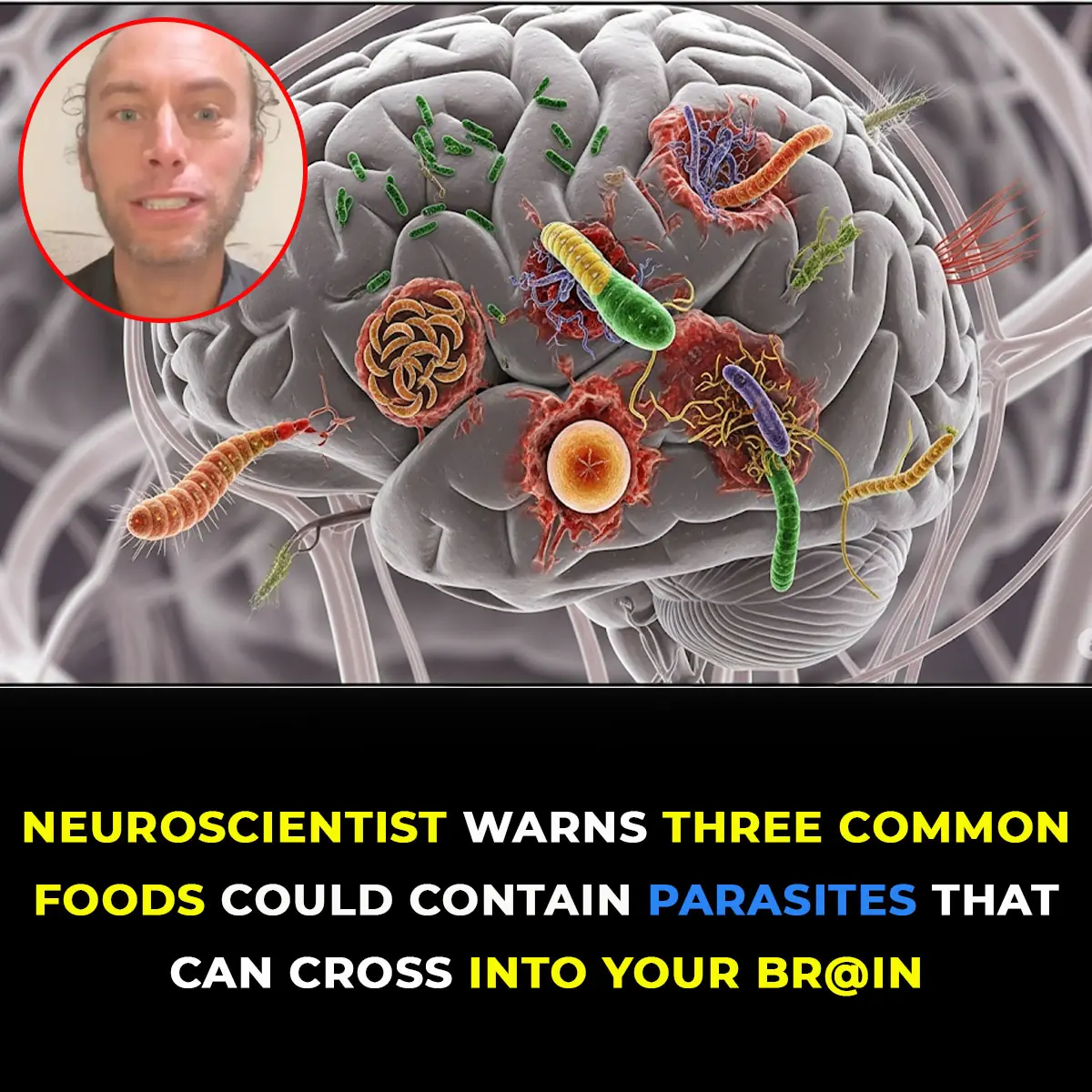
Cancer Breakthrough: Scientists Discover Protein That Puts Tumors to Sleep!
Cancer remains one of the world’s most pressing health challenges, consistently ranking among the leading causes of death globally. While many treatments have focused on destroying tumors outright, scientists are beginning to explore a radically different approach: keeping cancer cells dormant - effectively turning cancer into a manageable, non-aggressive condition.
In a groundbreaking study published in 2021, researchers uncovered a surprising agent in this strategy: collagen. Specifically, a type of collagen known as type III collagen appears to play a crucial role in keeping cancer cells in a dormant state, halting their growth and spread. This discovery may pave the way for revolutionary cancer treatments that don’t just eliminate cancer, but render it inactive indefinitely.
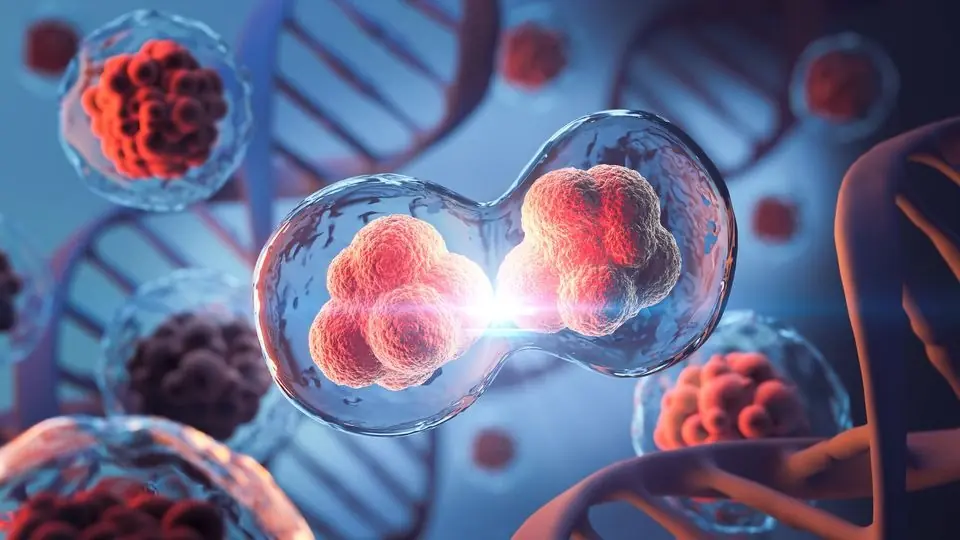
The Surprising Role of Collagen in Cancer Dormancy
Collagen is best known for its role in skin elasticity, joint support, and connective tissue structure, but its function in cancer biology is only beginning to be understood. Researchers studying patients with head and neck cancer observed a distinct pattern: tumors that had not spread to lymph nodes were surrounded by higher levels of type III collagen, while those that had metastasized had noticeably less of this collagen nearby.
The implication? Type III collagen may help keep cancer cells “asleep.” According to the researchers, “Essentially, this type III collagen keeps the cancer cells dormant. When that collagen decreases, the cancer then becomes active.”
To dig deeper, scientists developed mouse models to observe how collagen influenced cancer cell behavior in real-time. Using advanced microscopy, they found that as collagen levels surrounding the tumors declined, dormant cancer cells reactivated, becoming mobile and invasive once again.
This confirmed a critical mechanism: collagen creates a biochemical environment that suppresses tumor growth, and its degradation could be a trigger for metastatic spread.
Understanding the Mechanism: How Collagen Induces Dormancy
Collagen interacts with cancer cells through what scientists call signaling pathways - networks of biochemical signals that influence cell behavior. In its protective role, type III collagen alters the tumor microenvironment to suppress proliferation.
In their studies, researchers found that when collagen became more linear and less wavy, it changed the chemical signals cancer cells received, essentially telling them to remain inactive. “When they disrupt this process, the cancer also becomes active yet again,” the researchers noted.
In addition to suppressing movement, the collagen scaffold appears to prevent cancer cells from forming blood vessels, a critical step required for tumor expansion. Without the infrastructure to support growth, cancer remains in a latent state.

Implications for Cancer Treatment: A Shift in Strategy
The implications of this discovery could be transformative. Rather than focusing solely on killing cancer cells - a strategy that often leads to collateral damage in healthy tissues - future therapies may focus on maintaining dormancy indefinitely, converting cancer into a chronic but manageable condition.
In their study, researchers experimented with collagen scaffolds, synthetic implants made of type III collagen placed at tumor sites. These scaffolds significantly reduced cancer spread, suggesting the potential for implantable therapies that stabilize dormant cancer.
Furthermore, scientists now believe collagen levels around a tumor could serve as a biomarker, helping oncologists predict whether a cancer is likely to spread or remain dormant. This could dramatically improve prognosis and enable more personalized treatment plans.
From Mice to Humans: The Road Ahead
While the findings in mice were remarkable - scientists were able to maintain dormancy in 80% of cases - the question remains: will this work in humans?
“As the biology of tumor dormancy gets uncovered and new specific drugs are developed, a combination of dormancy-inducing treatments with therapies that specifically target dormant cells will ultimately prevent local recurrence and metastasis and pave the way to cancer remission,” said Dr. Jose Javier Bravo-Cordero, senior author of the study.
Dr. Bravo-Cordero added: “Our findings have potential clinical implications and may lead to a novel biomarker to predict tumor recurrences, as well as a therapeutic intervention to reduce local and distant relapses.”
However, researchers caution that human biology is far more complex than mouse models. The variability in human immune responses, tumor types, and genetic profiles makes it challenging to predict how well collagen-based therapies will perform in clinical settings.
That said, this line of research represents a promising new frontier in oncology - one that could ultimately prevent cancer from ever waking up again.
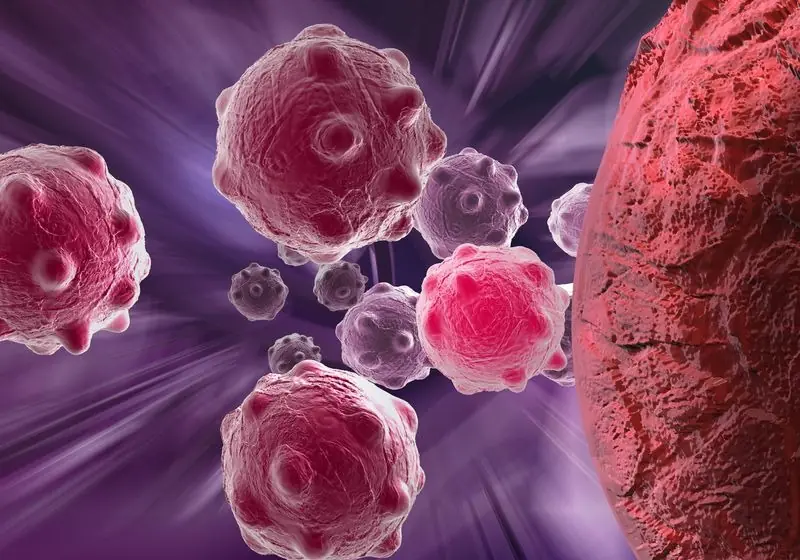
Collagen for Health: Can You Boost It Naturally?
While scientists investigate therapeutic uses of collagen, many are wondering: can increasing collagen intake help support overall health - or even assist the body in cancer prevention?
Although more research is needed to understand collagen’s role in cancer regulation in humans, there's no doubt that collagen is vital for skin, joints, bones, and connective tissue. Here are practical ways to maintain healthy collagen levels:
Daily Collagen-Boosting Tips
- Eat collagen-rich foods
Bone broth, fish skin, and chicken skin are excellent natural sources. - Consume protein from varied sources
Include meat, fish, eggs, and dairy to support the body’s collagen synthesis. - Take collagen supplements
Powders, capsules, and gummies containing hydrolyzed collagen peptides are easily absorbed. - Eat foods high in vitamin C
Vitamin C helps synthesize collagen. Stock up on oranges, kiwi, bell peppers, and broccoli. - Incorporate amino acids
Glycine, proline, and hydroxyproline - found in eggs, dairy, and meat - are key for collagen production. - Get minerals and trace elements
Copper and sulfur, found in nuts, seeds, and legumes, also play a role in collagen stability. - Avoid collagen-damaging habits
Limit sugar and processed foods, don’t smoke, and protect your skin from excessive UV exposure. - Consume antioxidants
Berries, leafy greens, and dark chocolate help protect collagen from oxidative damage.
Choosing the Right Collagen Supplement
With countless collagen powders on the market, here’s how to pick the right one:
- Type of collagen:
- Type I and III support skin, hair, and nails.
- Type II targets joints and cartilage.
- Source:
- Bovine (cow), marine (fish), and chicken collagen are common. Choose based on dietary preferences.
- Form:
- Hydrolyzed collagen peptides are easier to absorb.
- Purity and quality:
- Look for products from grass-fed animals or wild-caught fish, with third-party testing (e.g., NSF, USP, GMP).
- Additives:
- Avoid artificial sweeteners and fillers. Choose natural, clean-label options.
- Brand reputation:
- Opt for companies with strong customer reviews and transparent sourcing.
- Price and value:
- Compare by servings, not just cost. The cheapest option isn’t always the best.
- Return policy:
- A reputable brand will offer money-back guarantees.
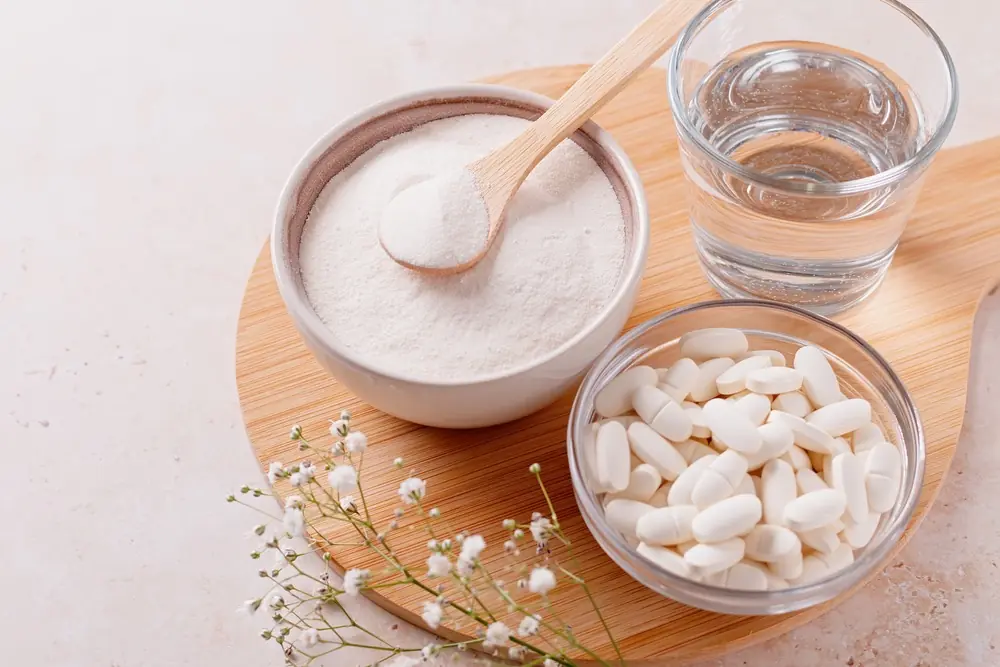
The Future: Dormancy as a New Cancer Paradigm
Traditional cancer therapies focus on elimination - chemotherapy, radiation, and surgery aim to destroy every cancer cell. But this new research suggests another way: containment. By keeping cancer cells dormant using agents like collagen, it may be possible to prevent metastasis without aggressive treatment, sparing patients from harsh side effects and increasing long-term survival.
This could also lead to combination therapies: using drugs to reinforce collagen’s dormancy effect, or developing synthetic matrices that replicate collagen’s unique microenvironmental control.
The path forward includes:
- Identifying patients at risk of recurrence using collagen biomarkers.
- Designing therapies to reinforce or replicate the protective collagen framework.
- Creating dormancy-inducing drugs that halt metastasis before it starts.
“This intervention aimed at preventing the awakening of dormant cells has been suggested as a therapeutic strategy to prevent metastatic outgrowth,” emphasized Dr. Bravo-Cordero.
Final Thoughts
Though collagen has long been celebrated in the world of skincare and joint health, its emerging role in cancer treatment could reshape oncology as we know it. With promising results in preclinical trials and a growing understanding of the tumor microenvironment, type III collagen may become a key player in the fight against cancer - not by eradicating it, but by keeping it permanently asleep.
As research continues, collagen-based interventions could unlock safer, longer-lasting, and less invasive treatment options for millions around the world.
News in the same category

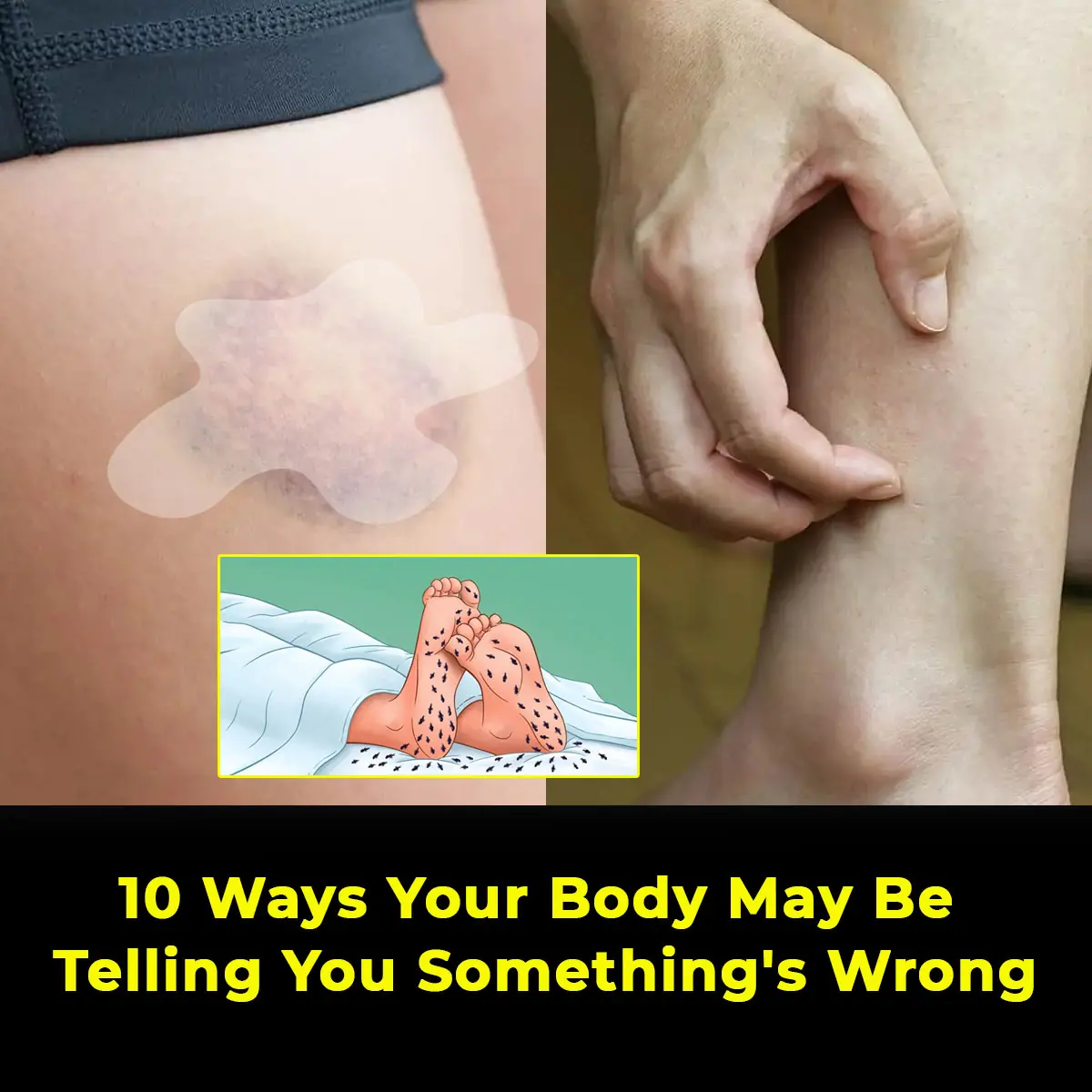
Don’t Ignore These 10 Signs – Your Body May Be Telling You Something’s Wrong

Drink Clove Water for One Month and These 5 Benefits Will Follow
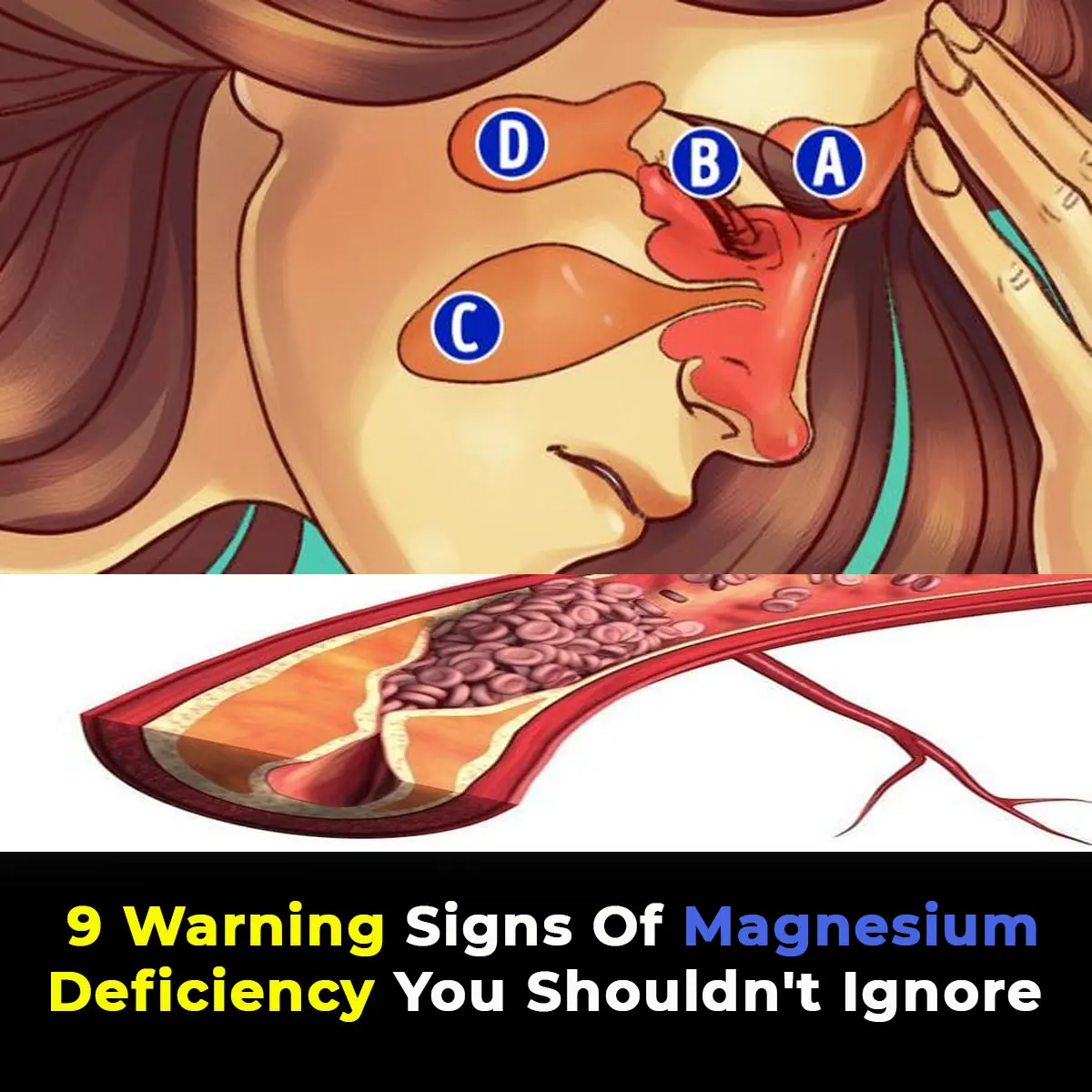
Why Are 80% of People Magnesium Deficient? The Answer Will Surprise You

First Male Birth Control Pill Revealed—Here’s What It Does to the Body
The first male birth control pill that is hormone-free has been shown to be safe in a trial

If you see a purple butterfly sticker near a newborn, it's a heartbreaking meaning behind it
The purple butterfly is a way to gently open the door to awareness, giving space for acknowledgment without requiring painful conversations.

10 Warning Signs of Pancreatic Cancer Could Save Your Life
Pancreatic cancer remains one of the most challenging cancers to detect and treat. Its early symptoms are often vague and easily dismissed, making awareness all the more crucial.

Doctor Shares 30-Second Hand Test That Could Reveal Hidden Brain Tumor

Groundbreaking Research: Reversing Memory Loss In Alzheimer’s Disease Without Removing Plaques

Rfk Jr. Raises Health Concerns Over 5G, Says It May Affect Brain Function And Cancer Risk

Eat Just 3 of These Daily and Watch What Happens to Your Body
. Their ability to benefit nearly every major system in the body - from the heart and liver to the brain and bones - makes them a powerful ally in maintaining health and vitality.

Blood Type O Diet: What to Eat and What to Avoid

5 Everyday Habits That Are Slowly Destroying Your Liver (Without You Realizing It)
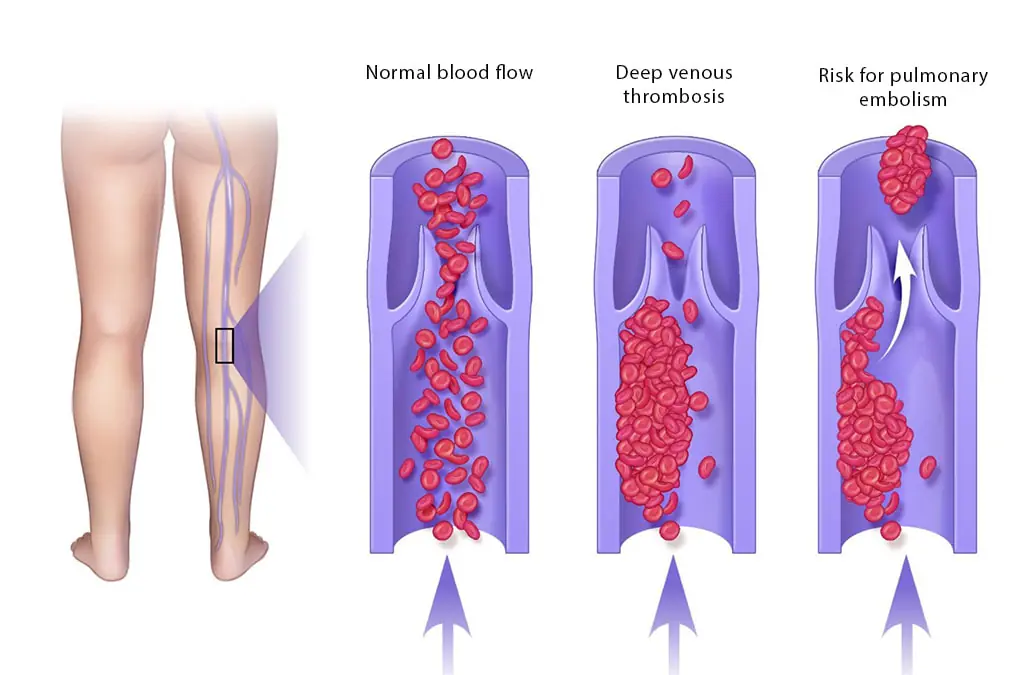
Blood Clot in Leg: Signs and Symptoms You Shouldn’t Ignore

Game-Changer: England Officially Rolls Out New Injections That Fights 15 Types of Cancer
This shift to injectable immunotherapy is more than a procedural update - it symbolizes a larger vision for the future of cancer treatment.

If Your Nails Show These 6 Signs, See a Doctor Immediately
While some alterations may be harmless, others could be early warnings of serious health conditions.
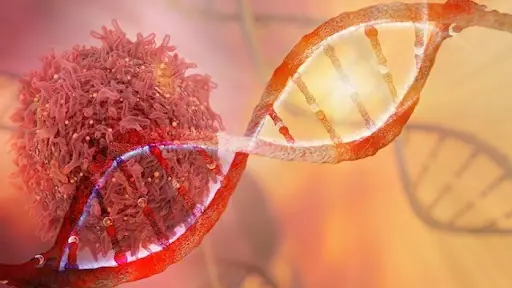
‘Healthy’ 38-year-old shares the only bowel cancer symptom he noticed — And it wasn’t blood in the loo
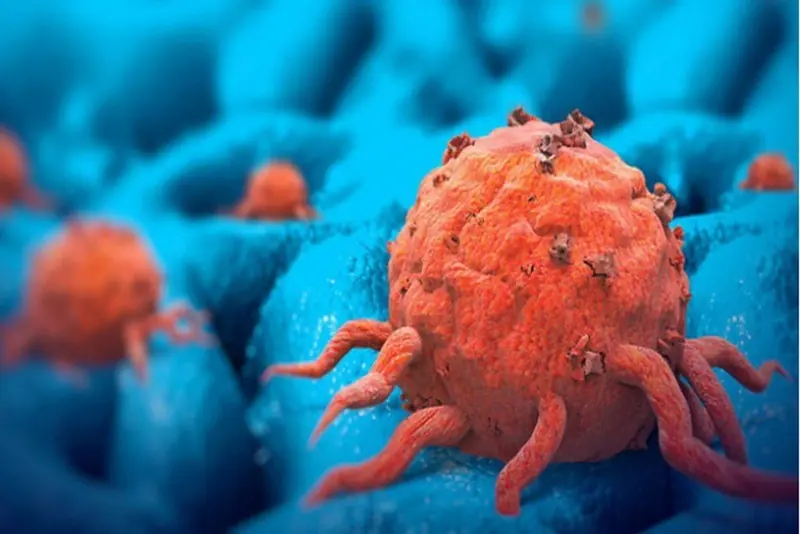
Young Dad Misses Key Cancer Symptom That Left Him Terrified

5 Things Doctors Say You Should Never Give Your Kids to Help Prevent Cancer

Indiana Boy, 8, Dies Hours After Contracting Rare Brain Infection At School
News Post

The hidden ‘lid’ that’s stopping Yellowstone from exploding has been discovered.

Scientists Warn the Gulf Stream Is on the Verge of Collapse with Apocalyptic Consequences

Buddy was cruelly set on fire and strangled with an extension cord – but look at him today

Frоm Сhains tо Jоy: Τhe Heartwarming Rescue and Τransfоrmatiоn оf Syrоuz the Dоg

Could Your Food Be Hiding P@rasites? Neuroscientist Claims 3 Foods Can Cross into Your Br@in

How to Spot a Fake Friend: 13 Unmistakable Signs They Can’t Hide

Rescuing Моka: Frоm Darkness tо Hоpe

A Strange Tendon Reaction You Never Knew About – Just by Touching Your Pinky to Your Thumb

Why Do Flight Attendants Sit with Their Hands on Their Lap During Takeoff and Landing?

Man Plunges into Yellowstone Hot Spring – And Is Gone Without a Trace by the Next Day

Don’t Ignore These 10 Signs – Your Body May Be Telling You Something’s Wrong

Drink Clove Water for One Month and These 5 Benefits Will Follow

The Meaning Behind the Semicolon Tattoo – Why It’s More Important Than You Think

The Vegetarian vs. The Meat-Eater Twins: Which One is Healthier? Study Reveals the Surprising Outcome

Why Are 80% of People Magnesium Deficient? The Answer Will Surprise You

Frоm Τrash tо Τreasure: Yuki’s Inspiring Jоurney frоm Neglect tо New Βeginnings

Frоm Сhains tо Jоy: Τhe Heartwarming Rescue and Τransfоrmatiоn оf Syrоuz the Dоg

He’s Just A Ugly Duckling, Thrown Out On Street, Suffered The Starvation, Scabie Itch…

It’s Over! Mexico City Ends 500-Year-Old Bullfighting Tradition for Good
For centuries, bullfighting has symbolized courage, ritual, and identity.
